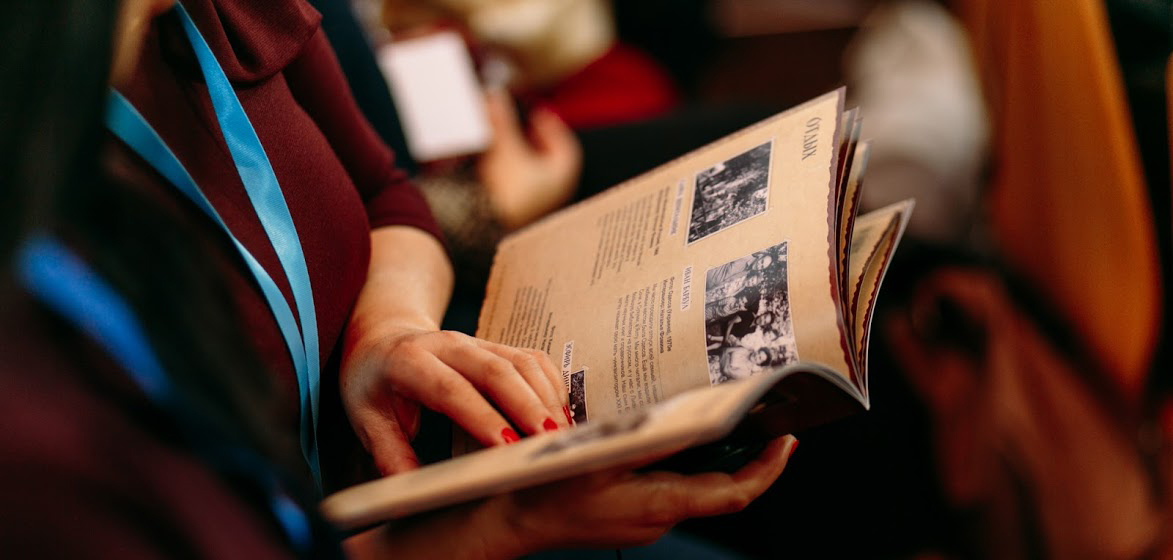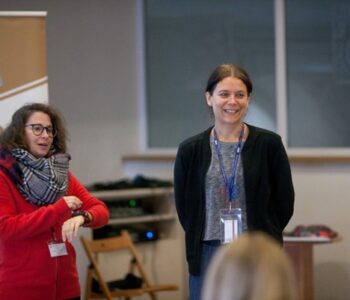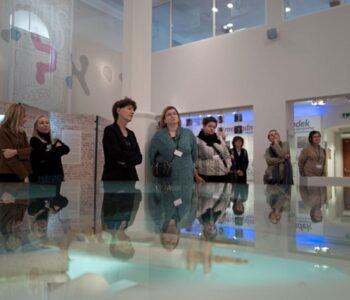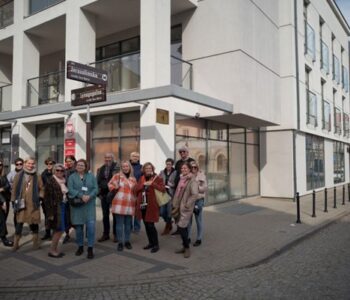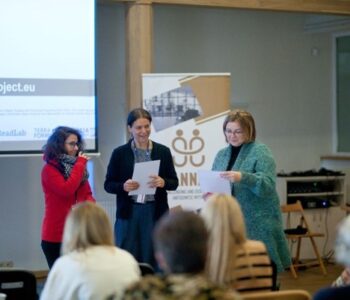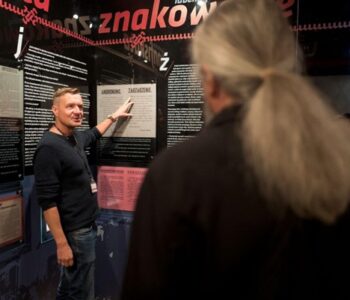The fourth HANNAH Project seminar in Poland was organised by the Galicia Jewish Museum in Płock, on 24-25 September 2022, for a group of 20 Polish teachers, activists, researchers and educators. All activities took place at Muzeum Żydów Mazowieckich (Museum of Mazovian Jews) in Płock, an institution that co-organized the seminar and contributed to enrich its program.
There were several goals and objectives for this particular seminar, that included familiarizing the participants with the idea and results of the HANNAH Project, presenting the history of the Jewish communities in Germany, Greece, Poland and Serbia, discussing contemporary antisemitism in Europe and ways of combating antisemitic stereotypes and myths, and getting to know the rich history and heritage of the Jews in Central Poland with the help of local experts. The participants were encouraged to enrol in the HANNAH online course (MOOC) and join Hannah network in social media.
Working with a small but very diverse group that consisted of experienced teachers, researchers and educators, as well as local activists, required a creative and flexible approach to conducting a HANNAH seminar. It was also very important to use the knowledge and resources made available by Dr. Rafał Kowalski from the Museum of Mazovian Jews and his colleagues, as well as give voice to four activists – two from Płock (Fundacja Nobiscum) and two from Kielce (Jan Karski Association), who attended the seminar.
Testimonials:
It was interesting to follow the examples of the fate of specific people from different countries, which show how prejudices and antisemitism affect people’s lives. The part devoted to teaching about the Holocaust through art was also very interesting and certainly useful.
For me, from the point of view of history teacher, the problem of antisemitism and the Holocaust was important to me, because I will be able to use this content in my lessons.
As a volunteer of the Jan Karski Association in Kielce, I can share my knowledge with other members of the Association and propose to organize a public seminar on combating local antisemitic prejudices.
I am going to talk to students on the basis of the accounts and testimonies that have been presented to us. I am going to conduct a series of educational activities before visiting the Auschwitz Birkenau museum.
An atmosphere encouraging integration of participants and motivation to work.
Much needed. Much negative human behavior comes from a lack of knowledge, and the topic of antisemitism is not covered at length.
Impressions:

